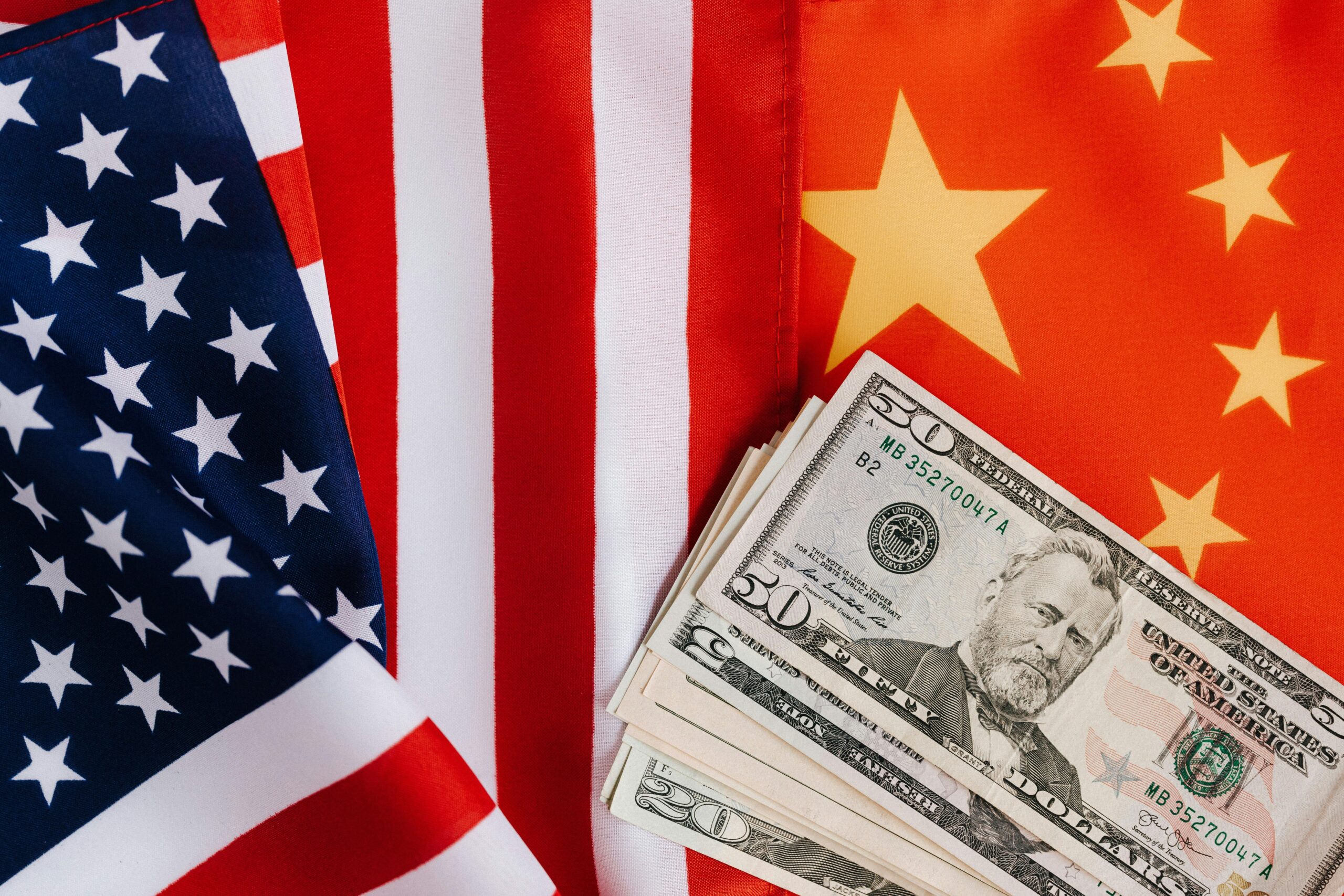State-linked Chinese organizations are turning to cloud services provided by companies like Amazon to obtain advanced U.S. chips and AI technologies that are restricted, according to recent tender documents. The U.S. government has imposed restrictions on the export of high-end AI chips to China, aiming to limit Chinese military capabilities.
Despite these restrictions, accessing these technologies via the cloud does not breach U.S. regulations, as the rules primarily address the export and transfer of physical commodities, software, or technology. A review of over 50 tender documents from the past year reveals that at least 11 Chinese entities have sought access to U.S. technologies or restricted cloud services.
Among these entities, four specifically mentioned Amazon Web Services (AWS) as a provider, although they accessed the services through Chinese intermediaries rather than directly from AWS. This trend highlights the strategies Chinese organizations are using to secure advanced computing power and generative AI models, while U.S. companies benefit from China’s growing demand for these resources.
AWS, which holds nearly a third of the global cloud infrastructure market, is the sixth-largest cloud service provider in China. For instance, Shenzhen University used an AWS account to access cloud servers with Nvidia A100 and H100 chips, despite the export ban on these chips to China. Similarly, Zhejiang Lab planned to use AWS cloud services for its AI model but did not proceed with the purchase.
In response to these developments, the U.S. government is considering tightening regulations to close this cloud access loophole. Proposed legislation aims to grant the Commerce Department authority to regulate remote access to U.S. technology. Additionally, a proposed rule would require cloud service providers to verify large AI model users and report when these models are used for potentially harmful activities.
Microsoft’s Azure cloud services are also being sought by Chinese entities, such as Sichuan University, which intended to purchase Microsoft Azure OpenAI tokens for a generative AI platform. However, OpenAI services are not supported in China, and Microsoft has not commented on these transactions.
Amazon has offered access to advanced AI models like Anthropic’s Claude through its cloud platform, though it recently updated its communications to reflect restrictions on these services in China. Anthropic also clarified that while Claude is not available to users in China, subsidiaries located outside China may still access it.
This situation underscores the complex interaction between technology access and regulatory measures as Chinese entities and U.S. companies navigate these evolving constraints.

















